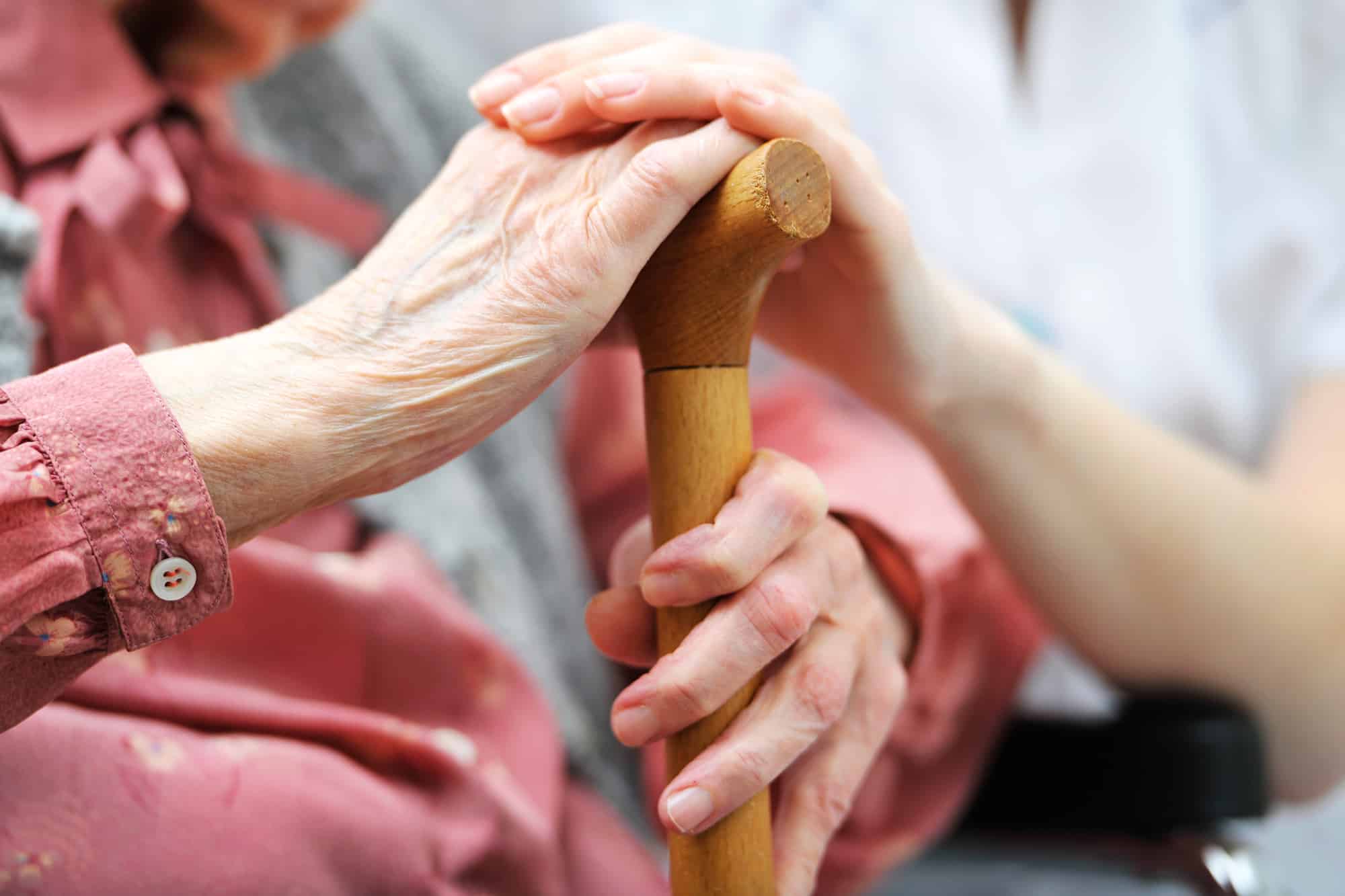Home Care Orlando: Dedicated Take Care Of Seniors in the Comfort of Home
Home Care Orlando: Dedicated Take Care Of Seniors in the Comfort of Home
Blog Article
Key Considerations for Families When Choosing Appropriate Senior Care Solutions for Their Aging Loved Ones
Choosing appropriate senior treatment solutions for maturing family members is a nuanced process that calls for careful consideration of several variables. Family members should begin by analyzing the one-of-a-kind demands of their loved ones, taking into consideration case histories, psychological wellness, and personal choices. The analysis of offered treatment optionsâEUR" ranging from in-home assistance to specialized facilitiesâEUR" should be balanced with an understanding of monetary effects and security problems. As families navigate these intricate selections, the duty of open interaction and collaboration can not be overemphasized, yet lots of forget vital components that could dramatically affect the result.
Assessing Person Demands

In addition, emotional and social requirements play a substantial function in the well-being of elders. An assessment must consider the person's wish for social involvement, pastimes, and support systems. Family characteristics and the accessibility of informal caregivers should also be factored into the equation, as they can affect the kind of treatment that is most suitable.
Examining Care Options

At home care gives the advantage of acquainted surroundings and customized interest, which can improve comfort and psychological health. Alternatively, assisted living facilities offer a structured atmosphere with accessibility to on-site healthcare and social tasks, fostering area involvement. Retirement home accommodate those needing intensive clinical supervision, while grown-up day care programs enable senior citizens to participate in social tasks throughout the day, supplying respite for household caretakers.
It is critical to analyze the staff credentials, center licensing, and readily available solutions in each choice. In addition, families ought to seek feedback from present locals or customers and examine the total online reputation of the care service providers. Ultimately, choosing the appropriate treatment choice is an essential decision that needs to mirror a balance in between the senior's needs, safety and security, and lifestyle.
Recognizing Costs and Budget Plan
Browsing the economic landscape of elderly treatment can be complex, as various choices included differing prices that can dramatically influence a family's budget. Understanding these expenses is crucial for families to make enlightened decisions concerning treatment for their aging family members.
Usual senior treatment options consist of in-home treatment, helped living facilities, and nursing homes, each with its very own rates structure. At home treatment generally charges by the hour, while helped living commonly includes monthly lease plus extra solution costs.
Developing an in-depth budget plan that lays out expected expenditures can assist families determine the most suitable treatment remedy while ensuring they continue to be within their economic methods. By thoroughly recognizing the prices connected with each option, households can better browse this essential element of senior treatment preparation.
Ensuring Safety and Safety
Ensuring the safety and protection of seniors is critical in any treatment setup, as their vulnerability usually requires elevated interest and protective procedures. Households need to examine the physical atmosphere of potential care centers, searching for features such as protected entrances, well-lit corridors, and available fire escape. Furthermore, the presence of safety equipment, such as grab bars and non-slip flooring, can dramatically decrease the risk of crashes.
History checks on workers also ensure that residents click reference are cared for by trustworthy individuals. Checking systems, personal emergency situation feedback systems (PERS), and fall detection devices offer tranquility of mind for families and prompt support for seniors.
Finally, open communication channels in between households and care companies are essential. Regular updates concerning the health of seniors, along with a clear approach to care more strategies, can promote count on and make sure that safety and security remains a central emphasis in the care given. By prioritizing these elements, households can make enlightened decisions that safeguard their aging family members.
Involving Family Members in Decision-Making

Families should start by openly communicating concerning the various treatment options available, such as at home care, assisted living, or nursing facilities. It is vital to evaluate the specific demands of the aging loved one, including medical demands, wheelchair, and social engagement. By including all relevant household members, different perspectives and understandings can be gathered, bring about more educated choices.
In addition, family members participation helps in determining prospective caretakers and establishing an assistance network. Routine family conferences can promote ongoing discussions and adaptations as demands change, permitting households to remain receptive to the developing conditions of their liked one. Inevitably, a joint decision-making procedure encourages a sense of shared duty and makes sure that the picked care solution aligns with the family's vision for their aging loved one's wellness and dignity.
Verdict
To conclude, selecting suitable senior care options necessitates a comprehensive analysis of individual needs, available care alternatives, and associated prices. Prioritizing safety and security within the living environment and fostering family members involvement in decision-making page processes additionally enhances the effectiveness of treatment. By straightening treatment selections with the aging loved one's case history, emotional requirements, and personal choices, families can produce a helpful network that promotes health and dignified living for their liked ones in their later years.
Report this page